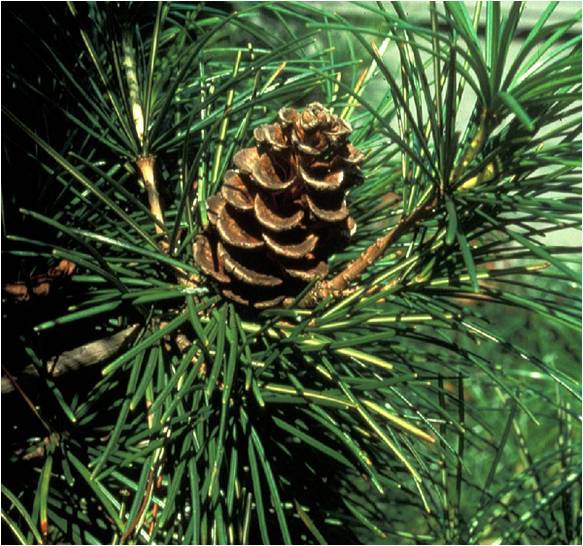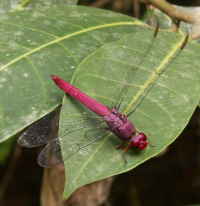
BIO 111: FOUNDATIONS OF BIOLOGY
Fall 2018

 |
BIO 111: FOUNDATIONS OF BIOLOGY
|
 |
|
Dr. Wade Worthen
Office: PLY 171B Tues, 9:30-10:30 Thurs, 9:30-10:30 |
Biology is the scientific study of living systems, from cells to entire ecosystems. In BIO111: Foundations of Biology, you will be introduced to the unifying concepts of biology: cell biology (how life works), evolution (how life adapts and changes), and diversity (how life varies). This course is truly a foundation meant for biology majors, students majoring in other sciences, or students planning to pursue an allied health career. Although this course is often one of the biology courses taken by students interested in health careers, you should appreciate that this course is not specifically designed as preparatory for just these students. Rather, this is an introduction to the foundational concepts that anchor all of biology. Students interested in ecology and conservation biology will take BIO 340: Ecology; students interested in medicine will take BIO 211: Genetics and BIO 322: Human Physiology. So, this course does not address those topics. Instead, it provides the foundation for understanding those topics. In addition, this will be the only biology course for some students. For those students, we have created a course that, while introducing topics important to other courses, also holds together with it's own integrity.
This course tells the story of evolution: the most important theoretical contribution of biology to human civilization. As one notable biologist said, "nothing in biology makes sense except in the light of evolution." To understand evolution, one must understand what DNA actually does inside a cell. Then, one must understand how DNA is passed from parent to offspring, creating patterns of heredity and extraordinary amounts of genetic variation within populations of organisms. Then, one must understand how, at a populational level, the differential reproduction of organisms causes the frequency of genes in a population to change. And finally, how such changes cause populations to diverge from one another, creating new species. And no foundational course in biology would be complete without an overview of the extraordinary diversity of life forms that this process of evolution has produced. This is the story of BIO 111... this is our story... this is the story of all of life.
There are four sections of BIO 111 this term. You are REQUIRED to attend your particular class and lab section, unless an accomodation has been made by your professor. Although there will be some consistency across the sections in content, it is important that you understand and meet the particular expectations of your professor. Each professor will be creating their own exams, and have their own way of assessing lab competency. There is NO textbook for my two sections; I will provid you with more than enough information to know.
The goal of the course is for you to learn the foundational concepts, facts, and theories of biology, at the level at which they are presented in class and lecture notes. If we have discussed a topic in class, or if it is in the posted lecture notes, then a question about this topic may appear on a test or exam. Biological knowledge is vast; I have selected a very small subset of this information for this class, to create a logical story to explain how life works. Everything I've included, at the level presented, is important to this story. So, if I've presented the information to you, the question "Do we have to know...?" becomes moot. Yes.
I will post lecture notes for the week before monday's class. Powerpoints used in class will be posted after class. Take written notes in class!! By doing so, you engage the material, you create your own knowlege rather than passively watching knowledge pass before your eyes (reading). Study your notes, the ppts, and the lecture notes as soon after class as possible. Reinforce that knowledge. When you are confident that you understand the material, SET YOUR NOTES ASIDE and answer the study questions. By this I mean to actually write answers down - commit! See what you can do! More importantly, see what you can't do! Then, consult the answers I will post. DO NOT LOOK AT THE QUESTIONS OR ANSWERS BEFORE YOU STUDY. When you take a test or exam, I won't give you the questions first; so to practice for these assessments, replicate that "game situation" as closely as possible. So, set your notes aside and answer the questions. If you can't answer some, or answer one incorrectly, that should tell you something... you need to study it again! After studying more, come back and practice the questions again. How can you expect to do something well if you don't practice it and test yourself? Learning is a skill. Like all skills, it must be practiced in order to improve.
This is an "information dense" class; there is a lot to learn. Also, one lecture builds on the next. So, if you are confused about a lecture, or don't study it before the next class, how well do you think you will understand the next one? Failing to study during the week, and then trying to understand a week's worth of material on the weekend, is a recipe for disaster. And, it is horribly inefficient--it actually SAVES TIME to study small amounts often, rather than large amounts once. Think about it this way: if you are up to speed on previous topics when you walk into class, your chances of understanding the next step--right there in class--are much better. This means that you'll have to study this class's material LESS, because you'll walk out of class already getting it, in large part. There is an old proverb, "How do you eat an elephant? One bite at a time." The information in this class will be served to you in manageable hourly bites. Chew them well, and digest them, before the next serving comes. If you wait until the weekend, the mound of cold, stale information will be imposing, unappealing, and too much for you to digest. You'll quickly get sick of biology, and no one wants that!!
I love teaching this class; it tells the most important story in biology--one that every educated person should know. I look forward to sharing it with you!